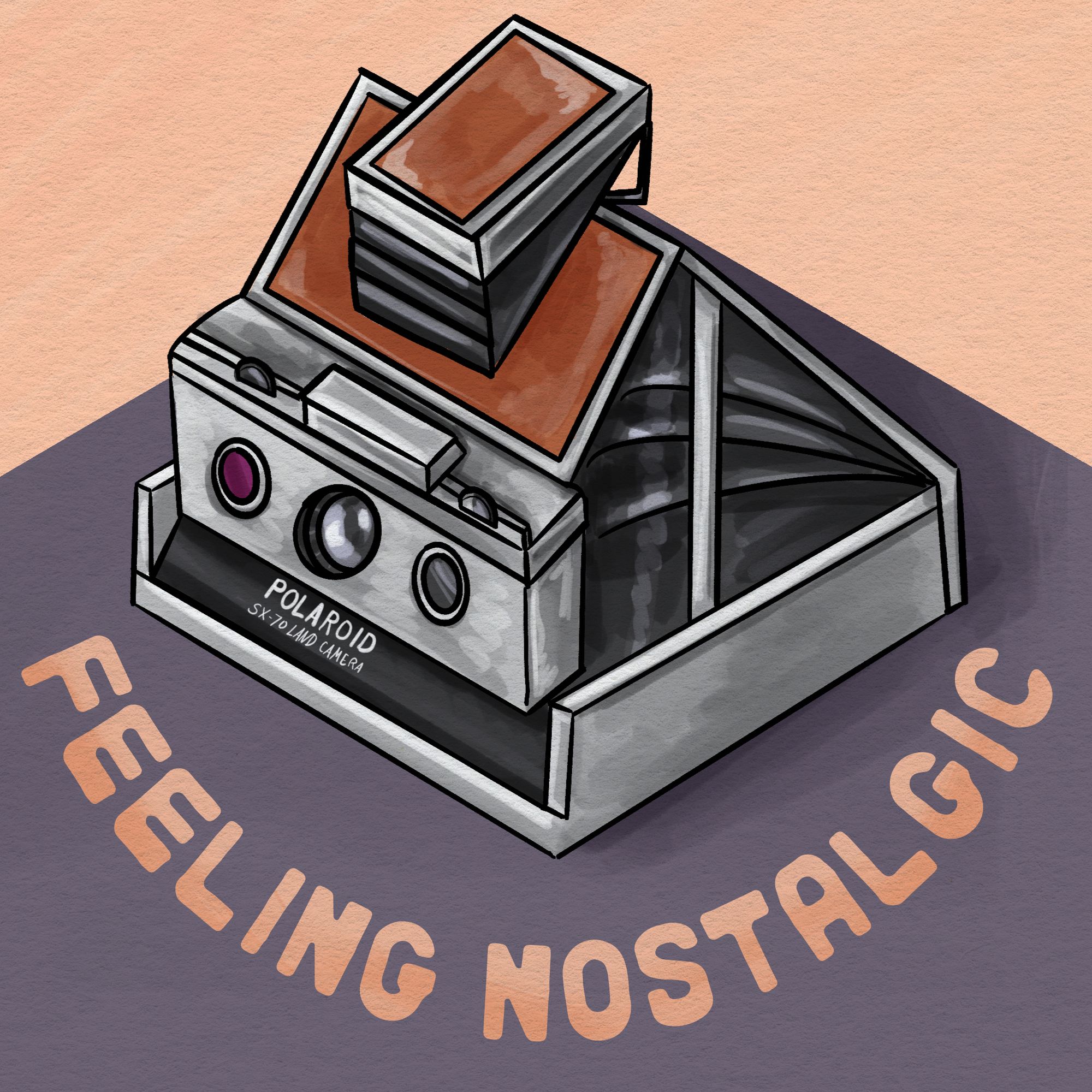Why do we feel so nostalgic about Polaroids?
The Polaroid Corporation's history gives some clues to why we feel so nostalgic about instant photography.

As someone who was born in the 1980s, instant photography holds a special place in my heart—Polaroid-branded instant cameras in particular. Last week, I wrote about how popular instant photography is in the paranormal, and how I think it's tied to our sense of nostalgia.
In the course of doing my research for that, I realized that there are some compelling and interesting reasons why people might feel so nostalgic about Polaroids aside from "I remember them from my childhood." So I wanted to pause and explore them here.
The history of Polaroid
The Polaroid Corporation was founded in 1939 and rolled out the very first instant camera, the Land Camera in 1948.
Polaroid enjoyed decades on top of the instant photography world. Though it faced a slow decline starting in the late 1970s into the 1980s, it reached its peak revenue in 1991. Over the following decade, things got gloomier for the company, which finally declared bankruptcy in 2001. The company slowly trundled along after that, before finally stopping production of their analog instant film in 2008.
While I was reading about their corporate history, I realized that the dates in their story feel significant. They read like a list of watershed dates from the last 85 years: They released the first instant camera during that first blush of postwar American prosperity. They were a 20th century icon that declined as the world shifted between the 1970s to the 1990s. The company finally faceplanting in the year 2001 (a year that marked major turning point, societally, from the new millennium to the chaos and ennui following 9/11). Then they shut things down in 2008 (the year the Great Recession began making major headlines.)
Nostalgia is soothing
I'm sure someone could do a fascinating analysis charting the rise and fall of Polaroid and what it says about society, but to me, I see two things: uncertainty and change. Nostalgia erupts during times of change, and many people (myself included) self-soothe with nostalgia.
So, to me, because the timeline of the original Polaroid Corporation hits the big beats of change during the late 20th century into the 2000s, of course it's a particularly nostalgic brand.
Also, for people my age, instant photography is something that we remember from our childhood; for a long time, before the brand was resurrected (more on that below) Polaroids were bygone tech from a bygone era.
It's easy to look at 1991, Polaroid's financial peak, and say "wow, things were so different in the early 90s; the world feels so much more complex now" (especially if you, like me, were a child at the time). Or you could look at 2001 and think about the dot-com bubble and think about how the late 1990s and early 2000s was a time of unparalleled (if foolish) optimism about technology. It's easy to look back at 2001 and think, wow, we had no idea what was coming; we were blissfully unaware. In both 1991 and 2001, everything was about to change in unimaginable ways.
Or you can look at 2008, which was defined by the existential horror of the Great Recession (though there was also an undercurrent of hope that many people felt at the time of Obama's election). When I think of 2008, I consider it a time when there was still a last glimmer of optimism, which was about to be snuffed out.
So when I think of Polaroids, I think of that "idyllic" time before our hopes (as a society) were dashed. Maybe you feel the same way or—particularly if you're younger than me—maybe you have a vaguer sense of the vibes during the 90s and 00s, but you still recognize that faint sheen of optimism that coats the technology of that time.
Polaroid Corporation doesn't exist anymore (though, to be clear, I'm not one to mourn the demise of large corporate powers). Instead, the brand has been revived by a company called The Impossible Project, which was founded in 2008 to produce Polaroid film after Polaroid stopped making it. Impossible now does business as Polaroid B.V., or more commonly called just Polaroid.
More to come
So, given all of this, it makes perfect sense that so many people feel nostalgia for instant photography. Next time, I'll' explore instant photography and ghost hunting a bit more and think about how the physicality of gadgets like instant cameras make them feel more trustworthy to us than newer, less nostalgic, more digital technology.

